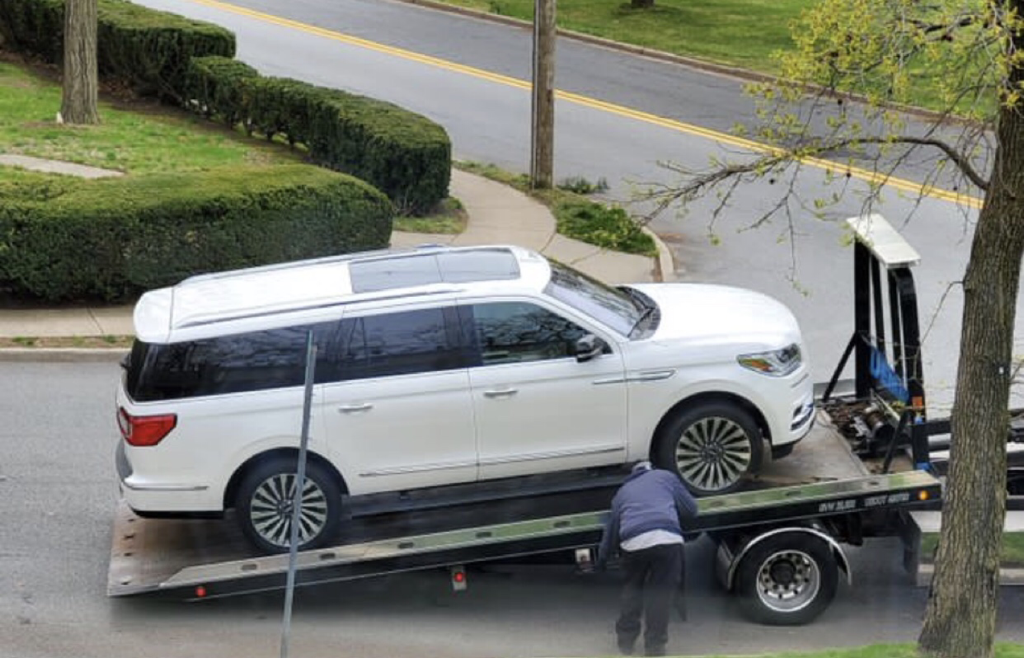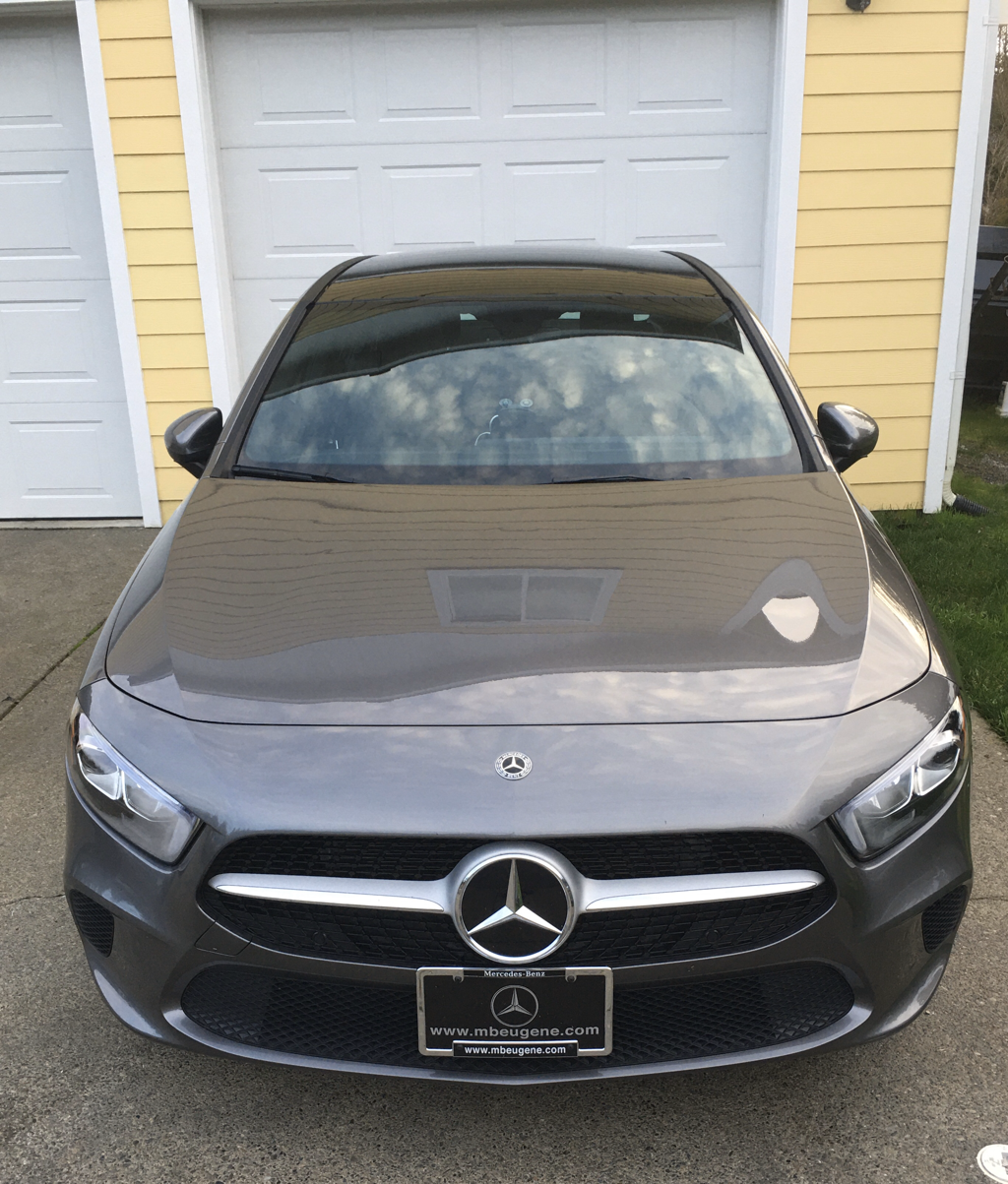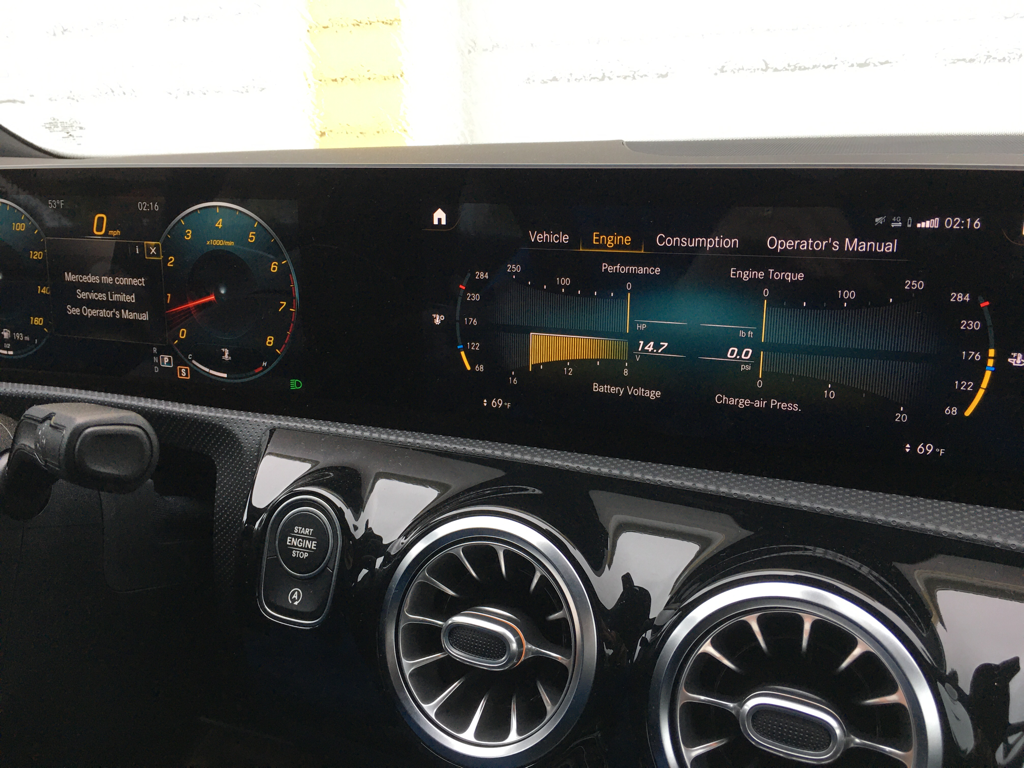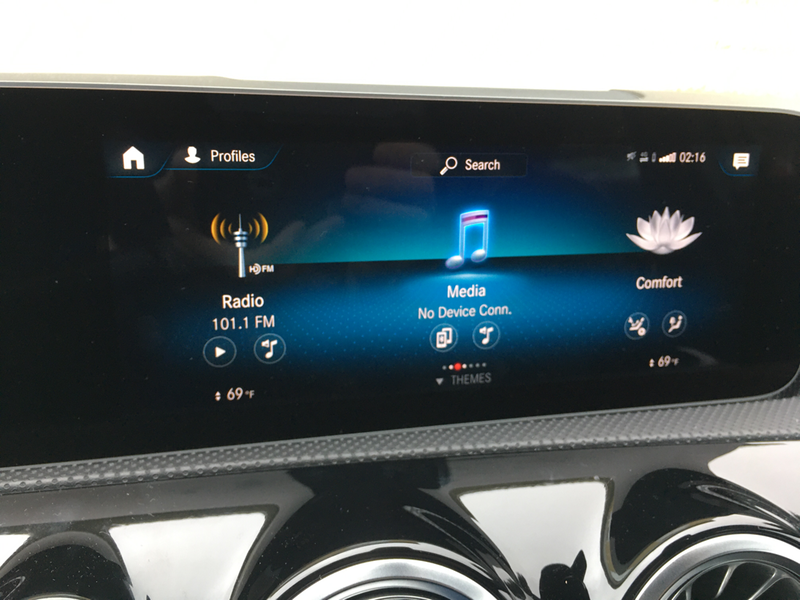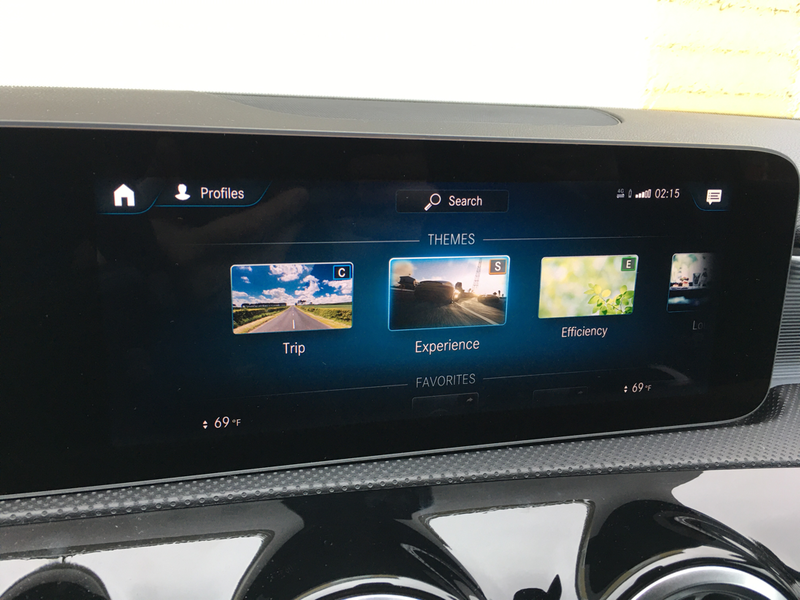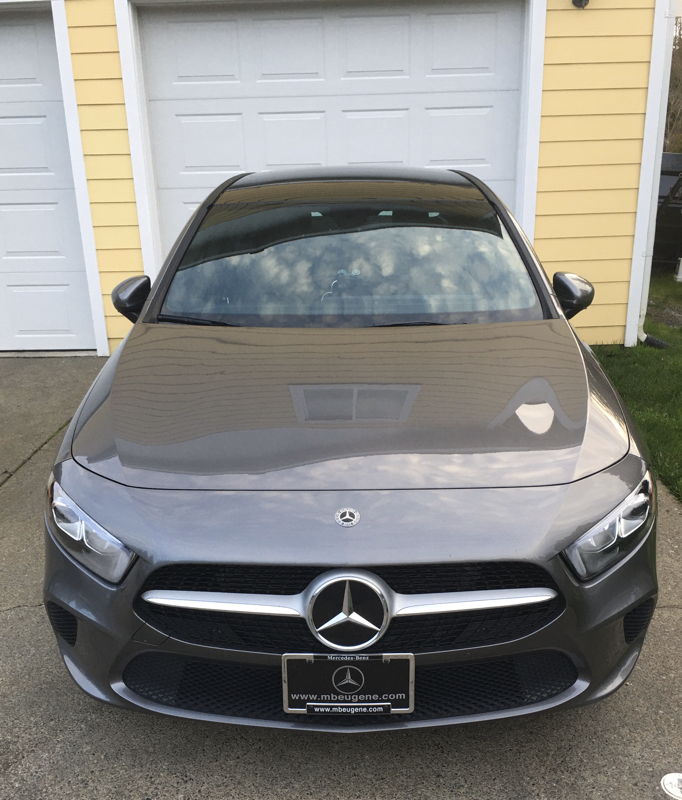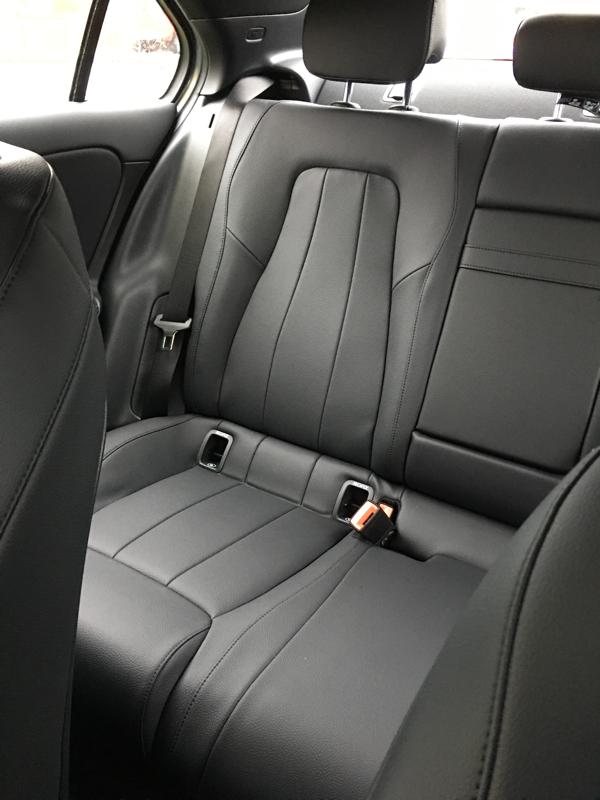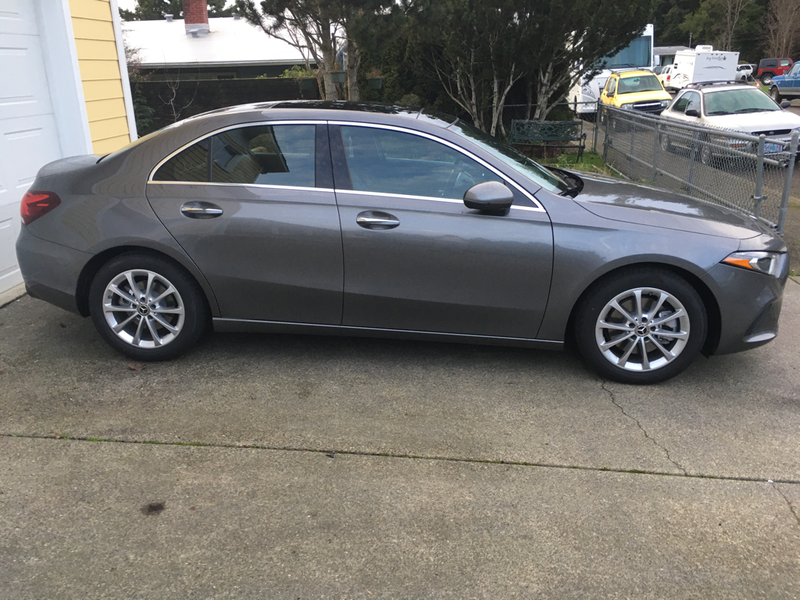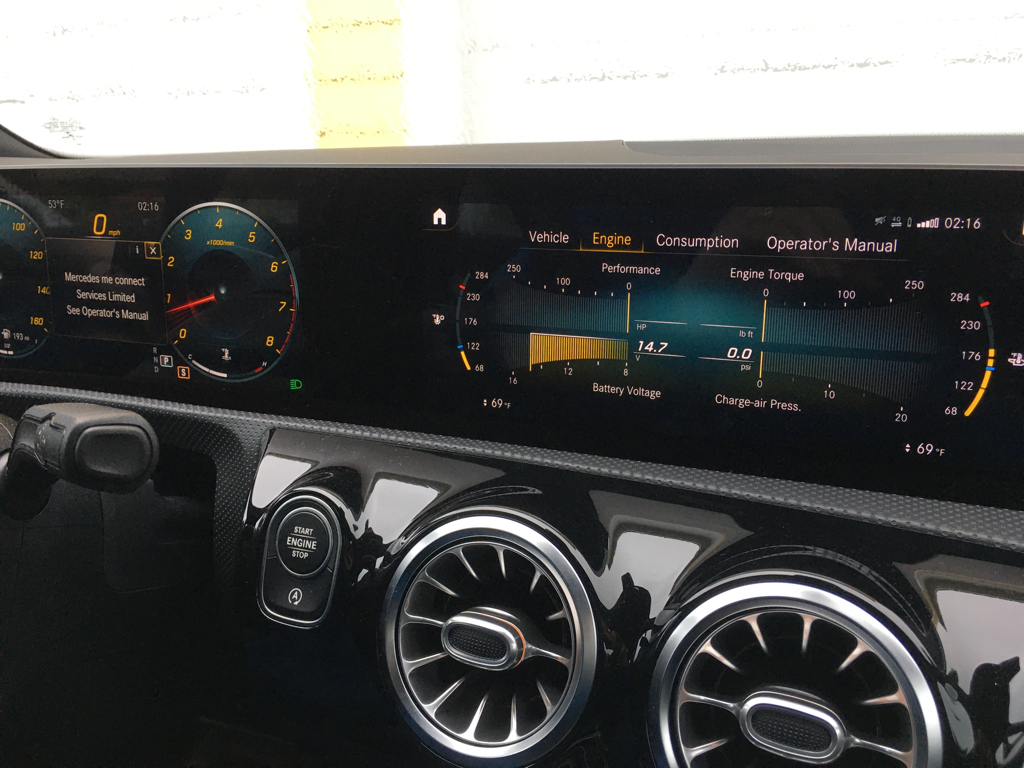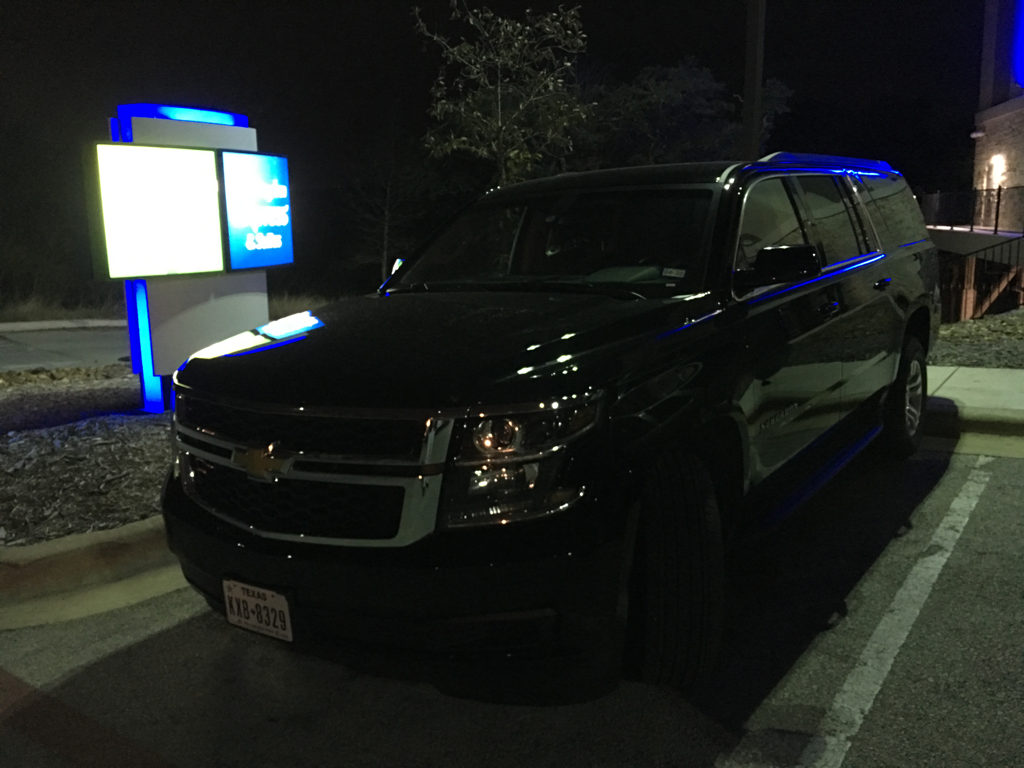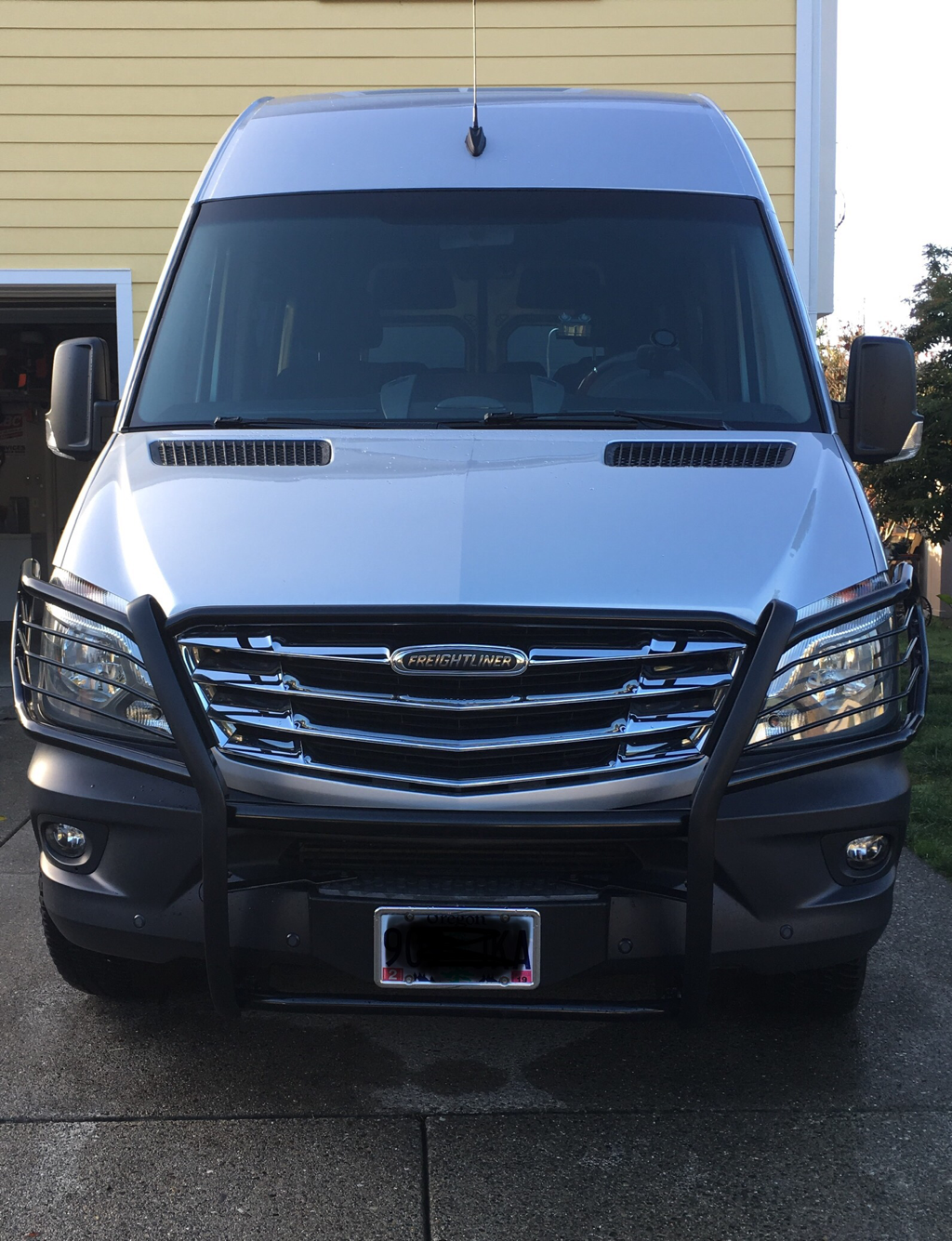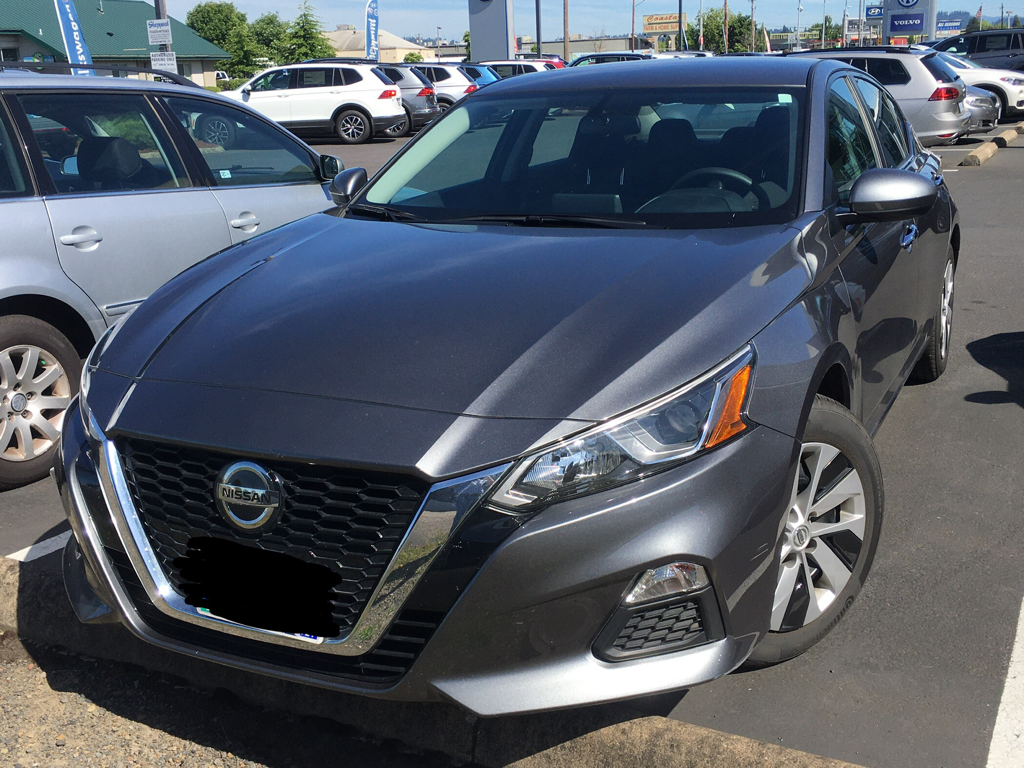My experience has shown that these no frill fuel stations are really less competitive, because the consumer in most cases doesn't know the price of the fuel until after it has been consumed. There is no indication of pricing at these stations. The consumer only sees the damage at the end of the month on one's bill. Most people who use this type of service are just too busy to compare fuel prices for the day and location that the fuel was purchased, however, I did keep records to monitor the "savings" that never came. In my experience the fuel prices were not just a little higher, but were up to $.40 a gallon higher than a near-by retail fuel station! Lastly, should you make it through the application to join such a service you will be obligated to consume a healthy quantity of fuel each month to satisfy your obligations, which just multiplies the assualt on your budget. So, in a nutshell, after you become a member you are forced by contractual obligations to consume large quantities of fuel at an unknown price that may likely be higher than a normal retail gas station.
Okay, now you are wondering why bother? The answer I believe has much to do with Oregon's No self-service law. Let's face it, when you find a good price on fuel at a retail station there are the long lines, too few fuel attendants, followed by the long wait time, followed by frustration and anxiety about time the wasted (because you're right in front of the pump for *&%#^$!). One should note, however, that at least Diesel vehicles are exempt from Oregon's no self service law. The other negative about retail stations also brought on by Oregon's no self service law is that fuel stations close early in small towns, leaving the consumer potentially stranded without fuel! Outside of better convenience and better hours, many non-retail stations have billing systems and options that many companies find attractive.
So, basically if you or your fleet is on the road 24/7 then it's not going to happen for most part with retail fuel stations closing early. If on the other hand you are not on the road 24/7 then it would likely benefit you or your company to go retail and just use one (or two) competitive fuel credit cards for additional savings and also get the benefit of organized billing.

 RSS Feed
RSS Feed

